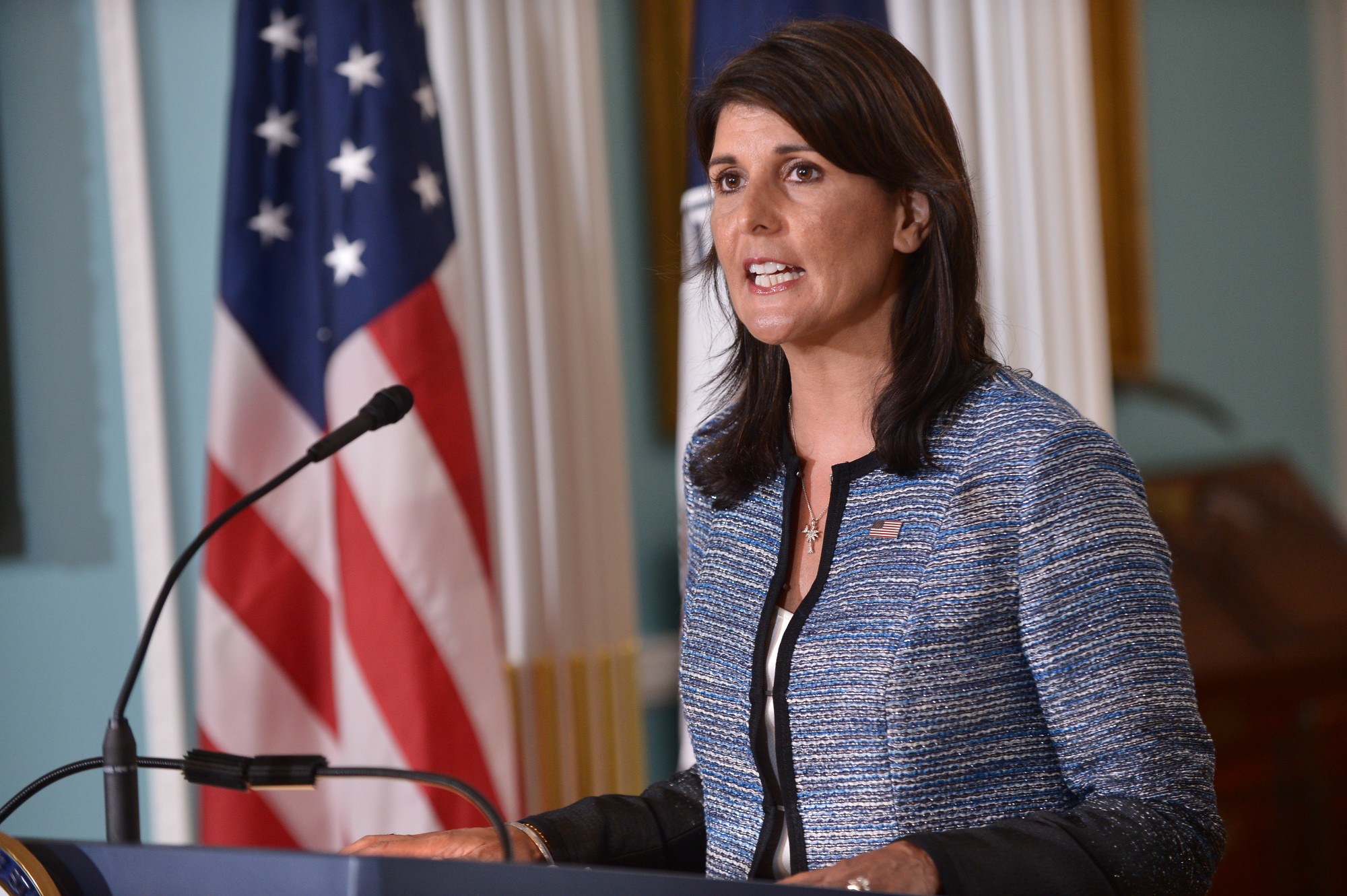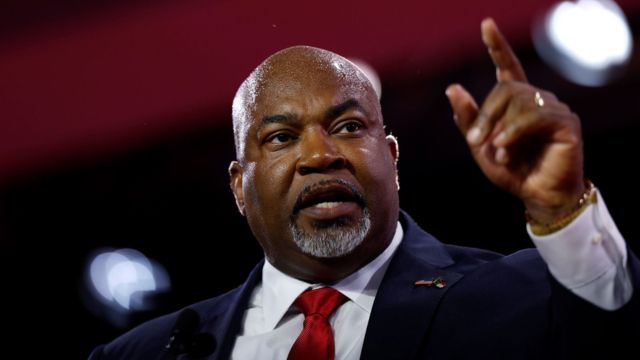In a surprising turn of events, Republican presidential candidate Nikki Haley has executed a notable about-face on the contentious issue of Texas secession. Initially appearing to endorse the idea of Texas parting ways with the United States, Haley has now clarified her stance, aligning herself with the constitutional framework that disallows such secessionist actions.
From Endorsement to Constitutional Adherence
Nikki Haley, the former Governor of South Carolina and U.S. Ambassador to the United Nations, initially sparked controversy with her comments seemingly supportive of Texas secession. Her previous remarks hinted at the idea that if Texas chose to secede, it was within its rights to do so. This departure from the traditional Republican viewpoint, which firmly emphasizes the unity of the Union, raised eyebrows within political circles.
Last week, Haley was quoted saying, “If Texas decides they want to do that, they can do that,” adding, “If that whole state says ‘We don’t want to be part of America anymore,’ I mean that’s their decision to make.” This echoed her position from a 2013 interview, where she defended states’ constitutional right to break away from the federal government.
A Strategic Reversal Ahead of the 2024 Presidential Race
In a recent interview with CNN’s Dana Bash, however, Haley reversed her position, stating unequivocally, “No. According to the Constitution, they can’t.” When pressed on whether Texas had the right to secede, she clarified, “What I do think they have the right to do is have the power to protect themselves and do all that. Texas has talked about seceding for a long time. The Constitution doesn’t allow for that.”

Read more:
- No Trump Support: GOP Candidate Mazi Pilip in NY Won’t Back Trump if Criminally Charged
- Governor Hochul Signs Bill Redefining Rape in New York
- California Gun Control Law Back in the Legal Spotlight
- Iran Bombing Urged by Hawks, Barbara Lee Stands Firm on Peace
This political U-turn has raised questions about Haley’s strategic approach leading into the 2024 presidential race. It not only underscores the complexities within the Republican Party but also highlights the evolving dynamics surrounding federalism and states’ rights.
Criticism and Controversy Surrounding the Shift
Haley’s apparent inconsistency on this divisive issue has not gone unnoticed, drawing criticism from various quarters. Some argue it reflects a lack of understanding of constitutional law, while others perceive it as a tactical move to appeal to both moderate and conservative voters. The controversy further illuminates the deepening divide within the Republican Party, where differing views on the extent of federal government authority clash with those advocating for states’ rights.
As the 2024 presidential race draws near, Haley’s navigation through these political intricacies will be closely observed. Her stance on controversial issues, such as secession, has the potential to significantly influence voter perceptions and shape her likelihood of securing the Republican nomination.
Navigating Political Minefields: Haley’s 2024 Strategy Unveiled
In a landscape increasingly defined by polarizing opinions, Haley’s ability to navigate these political minefields will be critical. The Texas secession issue serves as a microcosm of broader debates within the Republican Party, posing challenges for candidates aiming to balance ideological principles and broader electability.
The intricacies of Haley’s political strategy will unfold as she seeks to position herself favorably in the diverse spectrum of Republican voters. How she addresses and reconciles her shifting stance on Texas secession may well determine her trajectory in the highly anticipated 2024 presidential race.
In a political climate characterized by nuance and evolving perspectives, Haley’s journey toward the nomination will be a captivating narrative, shaped by her responses to contentious issues and her ability to navigate the delicate balance between party unity and ideological diversity.















+ There are no comments
Add yours